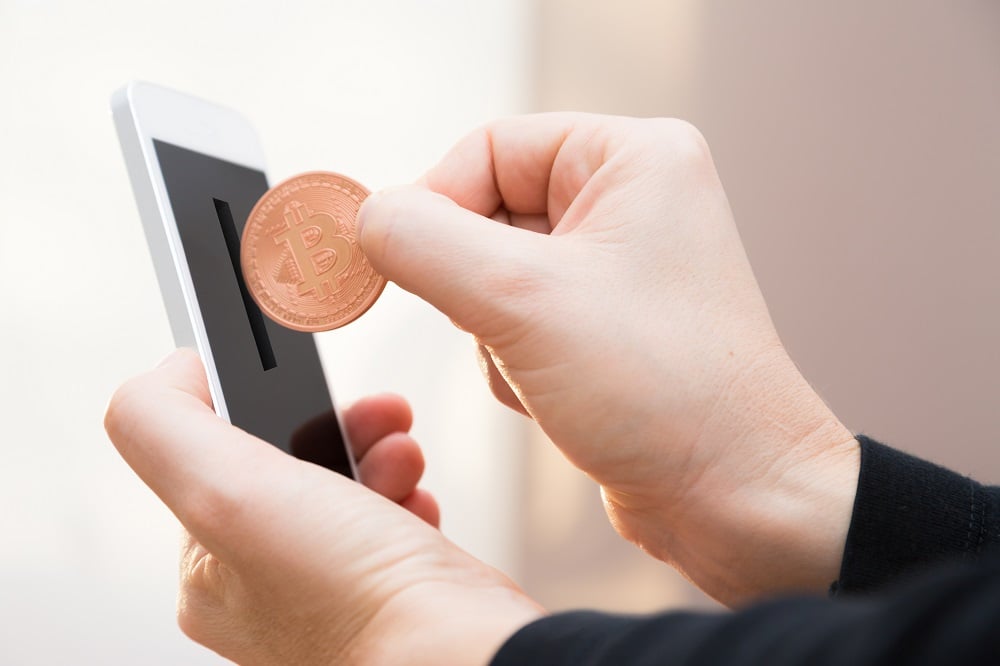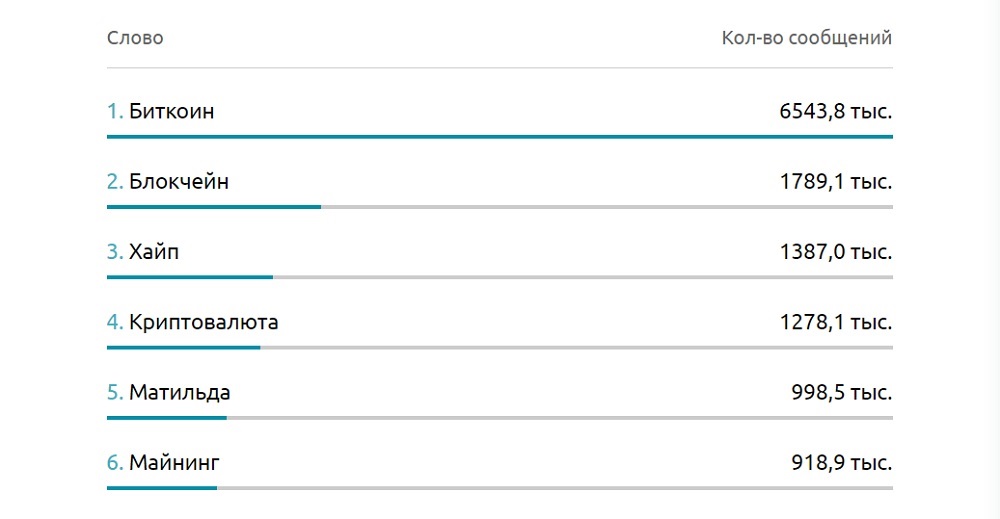
More than half of Russians have some knowledge about bitcoin, according to a new survey. Awareness is higher among young people and in major cities. Three quarters of the Muscovites feel informed about the leading cryptocurrency thanks to 185,000 publications in news outlets. Bitcoin is the most popular word in Russian social media, another study shows.
Also read: Survey: Indians See Brighter Crypto Future than Americans
Young and Online (Profile of the Savvy)
 In a year with major developments for bitcoin, many more Russians have become aware of the first crypto. 56% of them now say they know about Bitcoin, according to a recent survey conducted by VCIOM, the “All-Russian Center for the Study of Public Opinion”. The number of knowledgeable respondents rises to 66% of active internet users.
In a year with major developments for bitcoin, many more Russians have become aware of the first crypto. 56% of them now say they know about Bitcoin, according to a recent survey conducted by VCIOM, the “All-Russian Center for the Study of Public Opinion”. The number of knowledgeable respondents rises to 66% of active internet users.
The awareness among young Russians has reached 75% (18 to 24-years-olds), and 71% of all men know about bitcoin. 74% of the residents of the capital Moscow and the second-largest city Saint Petersburg have already learned about the decentralized cryptocurrency.
Few of the informed, however, possess profound knowledge of bitcoin. Only a third of them know that anyone can obtain it – 34%, and some 16% think that bitcoin is actually banned in Russia. More than a quarter know, though, that coins are not only purchased, but can be mined, as well (29%). Another 44% are aware that cashing them out is not yet legalized in Russia.
Better Known as Means of Payment
Despite often described to them as asset and defined as “other property”, 40% of the participants in study know they can use bitcoin to buy and sell goods and services. The question about how secure it is to keep funds on the blockchain divides Russians. 36% of them believe that it’s hard to steal digital cash. The sceptics, who think that’s easy, form 33% of the sample.
Bitcoin is not very popular as an investment opportunity in Russia, the study finds out. Two thirds of the people that know about it, or 67%, consider spending fiat rubles on bitcoins unprofitable. Only 9% of all Russians reckon they will buy the cryptocurrency in the future.

A recent survey conducted by an Indonesian company showed that less than half of the Russian citizens expected wide adoption of cryptocurrencies in the next decade. Russians questioned by VCIOM say the main reason for their anxiety is the insufficient information about bitcoin. The findings of another Russian study, however, point to a trend that may change that assessment.
According to data collected by Medialogia, the number of bitcoin related publications in Russian media has jumped last year to more than 185,000, peaking at 56,000 in December. Changing rates, record highs, and the increasing number of bitcoin billionaires have been widely covered.
Bitcoin Tops Social Media Ratings
“Биткоин“ (bitcoin) has climbed to the top among most popular words in Russian social media. It has been mentioned in 6,543,800 posts, Medialogia statistics revealed. “Блокчейн” (Blockchain) is second with close to 1.8 million posts in 2017. The Russian words for cryptocurrency, mining and etherium have also made it to the top 10, and ICO is number 11.

Not everyone in Russia is ready to make optimistic predictions based on the latest sociological data. VCIOM’s Lead Consulting Expert, Oleg Chernozub, shares a rule of thumb borrowed from “professional investors”:
If the price of an asset is discussed in TV shows for housewives, it will soon crash!
“We shall wait and see”, as the Russian saying goes. Housewives may soon know more about bitcoin than their husbands.
Do you think that the growing awareness of bitcoin will eventually lead to widespread adoption in Russia? Share your thoughts in the comments section below.
Images courtesy of Shutterstock, Медиалогия (Medialogia).
Need to calculate your bitcoin holdings? Check our tools section.
